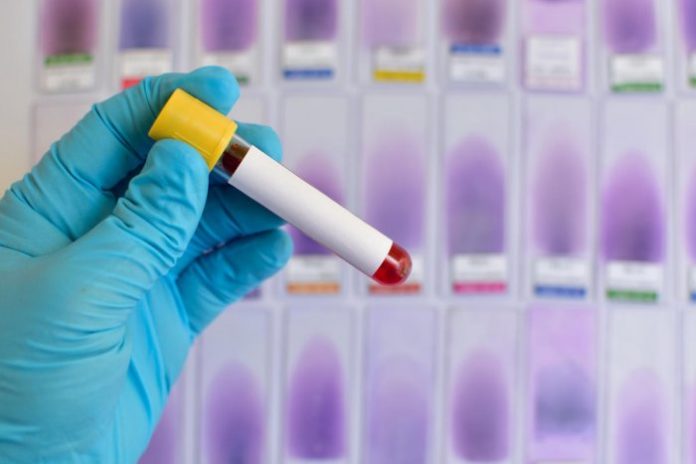LILONGWE, Malawi, April 23, 2019 (BSS/AFP) – Malawi on Tuesday launched
the world’s first malaria vaccine in a landmark programme to prevent a
disease that kills hundreds of thousands, mostly children, across Africa and
around the world each year.
After more than three decades in development and almost $1 billion in
investment, the most advanced vaccine yet has been rolled out in Malawi’s
capital Lilongwe, before it is extended to Kenya and Ghana in coming weeks.
It aims to immunise 360,000 children aged two years and under in the three
countries to assess the effectiveness of the pilot vaccine and whether the
delivery process is feasible.
Four successive doses must be administered on a strict timetable for it to
work, while the children must also continue to use other preventive measures
such as sleeping under a mosquito net.
The first vaccinations were administered at Mitundu Health Centre, 45
kilometres (28 miles) west of Lilongwe.
“This new vaccination is a new tool for the control and elimination of
malaria in this country,” Michael Kayange, deputy director in Malawi’s health
ministry told AFP.
Kayange said, once rolled out, the vaccine has the capacity to prevent one
million of the six million malaria cases recorded annually in Malawi, helping
prevent 4,000 deaths.
“So, this vaccine is a huge plus to Malawi,” he said.
Trade-named Mosquirix, the drug has been developed by British
pharmaceutical giant GlaxoSmithKline in partnership with the PATH Malaria
Vaccine Initiative.
It passed previous scientific testing — including five years of clinical
trials on 15,000 people in seven countries — and was approved for the pilot
programme in 2015.
Malaria episodes reduced by 40 percent in the trials.
Although the vaccine will not give full protection against the mosquito-
borne disease, it is the furthest along in development and so far the most
effective.
Scientists say if it was rolled out on a large scale it could save hundreds
of thousands of lives.
The World Health Organization (WHO) believes that the new vaccine brings a
key new tool beyond mosquito nets, insecticides and drugs in the battle
against the disease which kills a child every two minutes.
“We have seen tremendous gains from bed nets and other measures to control
malaria in the last 15 years but progress has stalled and even reversed in
some areas,” WHO Director-General Tedros Adhanom Ghebreyesus said in a
statement.
“We need new solutions to get the malaria response back on track, and this
vaccine gives us a promising tool to get there,” he said. Malaria killed
435,000 people in 2017.
-‘Stagnation in malaria control’-
Malaria is spread to people through the bites of infected female anopheles
mosquitoes.
The WHO’s latest report on malaria showed that the number of cases climbed
to 219 million in 2017, two million more than in 2016.
“Despite gains over the last decade, we have seen a stagnation in malaria
control efforts in recent years,” said researcher Jonathan Juliano from the
University of North Carolina.
“In certain areas of Africa, we have actually seen rates of malaria
infection get worse.
CEO of PATH Steve Davis described the launch as a “historic milestone”.
“A vaccine for malaria is among many innovations needed to bring an end to
this disease,” said Davis.
The fight against malaria has also been complicated by mosquitoes building
up resistance to some commonly used insecticides, according to the WHO.
Malawi, Ghana and Kenya were selected for the trial because malaria rates
are high and they have a long history of use of bed nets and other
preventative measures.
Despite concerns over recent rises in malaria cases, the numbers dying from
the disease has fallen nearly two-thirds since the turn of the century.



